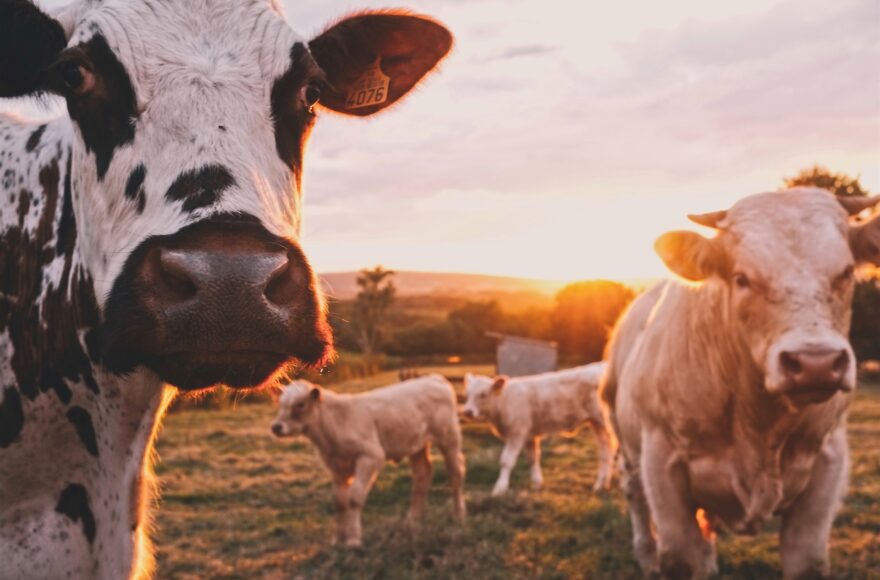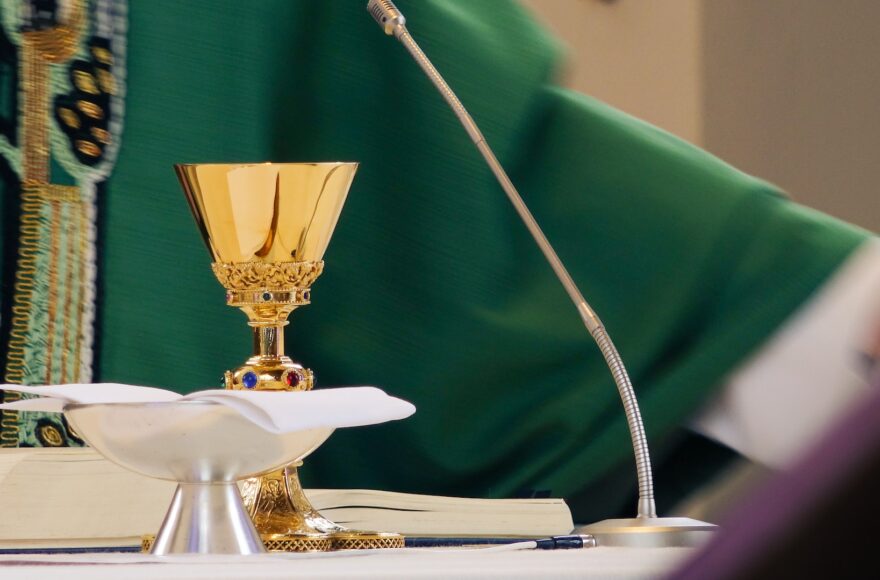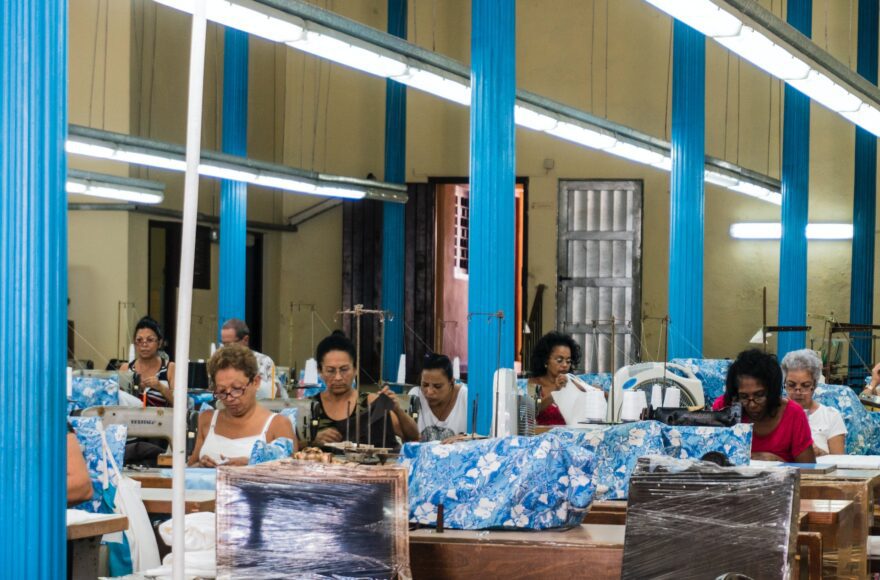A dairy entry of childhood holidays

“Joe? Joe!” I open my eyes to a dark room. I am disorientated as I expect to see my room, but this is not it. In the cool, flooding light of the ajar doorway, I see Mr Cascone’s silhouetted face peering in.
“Joe, it’s 5 am. Time to get up.” I don’t move. “Joe, it’s cold. If you don’t want ….”
“No, no, I am getting up.” I push the blankets away, feeling the chilly air engulf me. Even though it’s the middle of summer, mornings are cold, really cold. I dress quickly, wash my face, go to the toilet, and then join Mr Cascone and his eldest son, John, in the kitchen.
I am between 10 to 13 years old, a chubby, soft boy during my summer holidays. This time I’m in Gippsland, Victoria, on a dairy farm owned by the Cascone family who comes from the same small village in Sicily as my family. We’re Paesani.
“Good morning” I am welcomed by two smiling faces happy to see me. Mr Cascone’s spiky moustache sits like a hairy caterpillar above his top lip. It wriggles as he talks as if it were trying to escape. During one visit, I had noticed it missing and had dreamt it had turned into a butterfly and flown away.
“Come and have your coffee,” says John as he places a small cup of inky, black liquid in front of me. “There, that’ll keep you going until breakfast.” The liquid is hot and bitter, yet it drenches my insides with a viscosity that stirs every fibre of my fat, pasta-built, city-raised body to life.
John laughs as he sees my face scrunch up tight at the taste. It was the first time I’d had black coffee. “Don’t worry” said John, “you’ll get used to it.”
John’s younger brother, Joe, is in Melbourne, studying to complete a Law degree, and the baby of the family, Mary-Joan, is still fast asleep in one of the warm rooms off the hallway.
“So, dad, what’s to be done today?”
“Well, we’ll milk the cows”, and he looks over at me ” thanks to Joe here, we’ll be a lot quicker.” I don’t know where he got that idea from. “Then we need to check on a couple of in-calf cows in the top paddock; make sure they’re okay. And we need to weed the paddock down by the river. The thorns have really taken over this year. But Joe can help with that as well.”
“Sounds good,” says John, giving me a wink. “Okay, are we ready? The cows will be making their way up to the milking shed.”
“Oh, good morning all.” Mrs Casone makes her way into the room still in her dressing gown, her voice is raspy and still full of sleep. “You’ve got Joe up so early. He’s on holiday. He should be sleeping. Isn’t that right Joe?” She comes over and hugs me, and I can feel the day’s warmth under her dressing gown.
“No, I’m okay, really”, I say “I am ready to help.”
I look out at the big bay window. A gravel road runs about a kilometre along a ridge to the letterbox on the main road that leads to Korumburra. In the foreground are a number of sheds that include the milking shed. Valleys fall away on either side of the ridge, down to the river on one side and to lush, green paddocks on the other. The sun jumps up over a distant hilltop, turning on its brilliant light, illuminating the path for some 160 cows whose udders are sloshing side to side, laden with milk.
“Okay, I’m ready” John stands and heads for the door. “Come on, Joe, we’ll get the milking equipment going. Those cows are not going to milk themselves.
Summer holidays were like that. My parents worked 5 to 6 days a week, and holidays usually meant being handed off to the Cascone family (dairy farmers), the Migliorisi’s (potato farmers), or the Nobile’s (Market gardeners). It was never like going off to summer camp, it was more like spending time with an extension of my own family.
They’ve all mostly disappeared. I haven’t seen them in years, but I visit them often in my memories. On the rare occasion, we meet and time stands still. We’re back there on those cold mornings drinking hot, black, bitter coffee waiting for the cows to come up to the milking shed.

